India's rise as a major player on the global beef stage, a rise which saw it take over from Brazil as the largest exporter of bovine meat in the world in 2012, is being threatened by recent political developments in the predominantly Hindu country.
According to John Tobin, analyst at EBLEX, the election of Narendra Modi and his Hindu Nationalist BJP Party in 2014, has caused the debate over the slaughter of cows in India to intensify.
In Hindu religious beliefs, the cow is revered and the consumption of beef is frowned upon, which allowed Modi and his party to use the previous government's soft stance on bovine slaughter to their benefit during their election campaign.
Moreover, at the beginning of March this year, the state of Maharashta in India banned the slaughter of bulls, bullocks and calves. It also made the possession of beef a crime. The government has since been called on to impose the ban nationwide.
The ban does not extend to water buffalo meat (carabeef) which is reported to make up approximately 25% of the total bovine meat market in the state.
However, Modi’s party manifesto includes provisions for “the protection and promotion of cow and its progeny” which could pose a threat to the production of carabeef, should the slaughter of water buffalo be found to conflict with this manifesto.
It is the Muslim minority in India, whose religion does not impose restrictions on bovine slaughter, and which includes some of the main players in the bovine industry, that is most likely to be affected by this decision should the nationwide ban on all beef and water buffalo be enforced.
Other stakeholders from the food industry, Tobin says, such as restaurant owners, have complained that their businesses derive a significant proportion of their incomes from western tourists, who want to consume beef. They are also concerned that the disappearance of beef from menus will raise prices for other meat products.
Tobin adds that with respect to exports, the implication of the slaughter ban is that "India’s exports will continue to be made up mostly of carabeef, which is of a lower quality compared to beef from prime steers or heifers.
"Its attractiveness in foreign markets, especially in the Middle East and developing countries, is due to the product being produced to halal specification and being a cheap source of protein, as a result of its lower eating quality," he says.
While there appears to be potential for exports from India to increase, Tobin says, it remains to be seen whether the recent developments have any effect on the future direction of the world's largest bovine meat exporter.




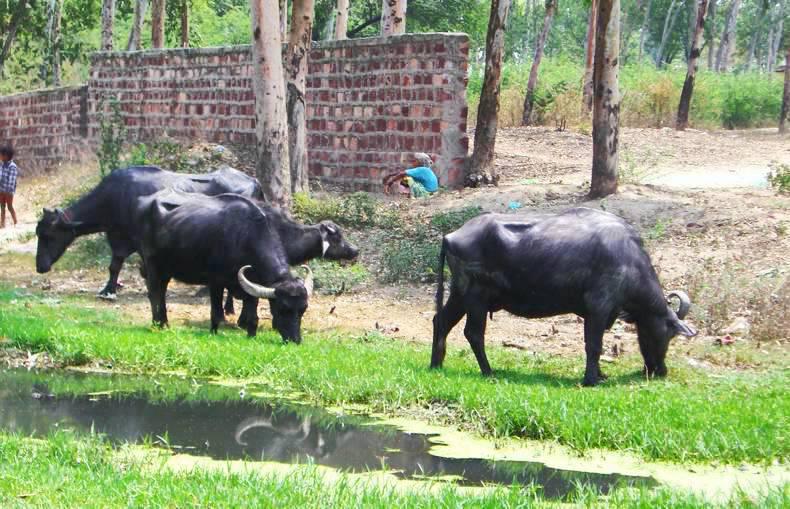
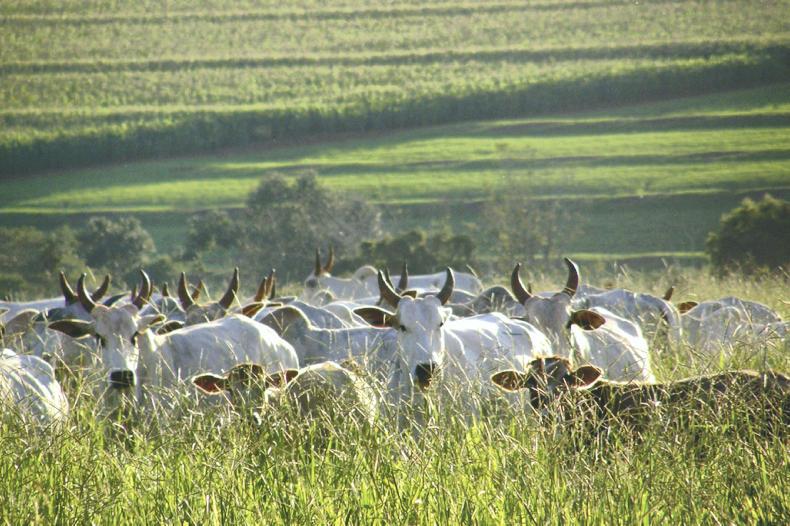

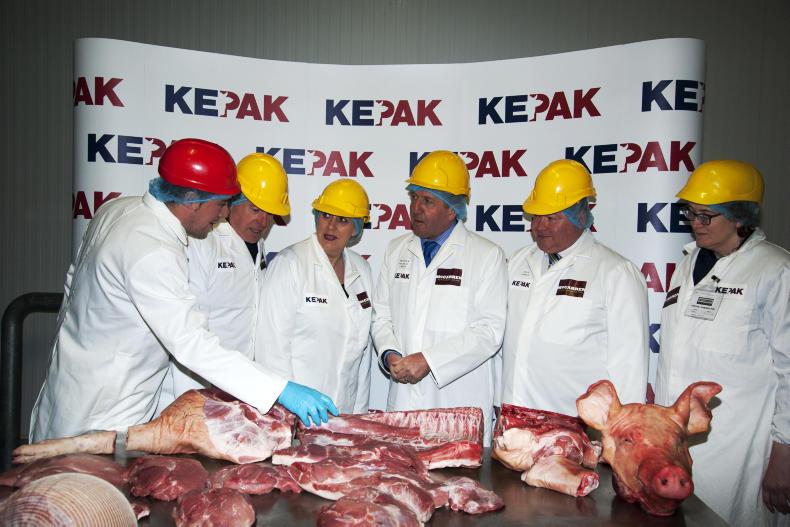
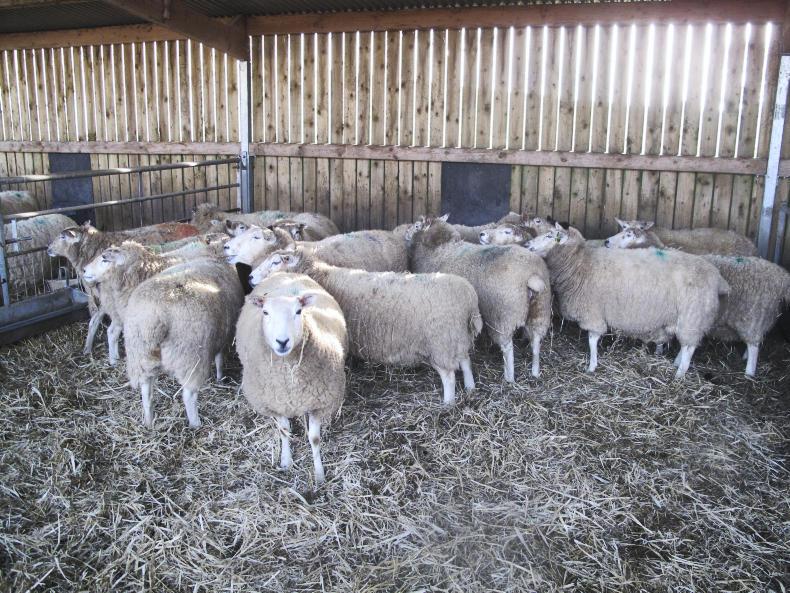
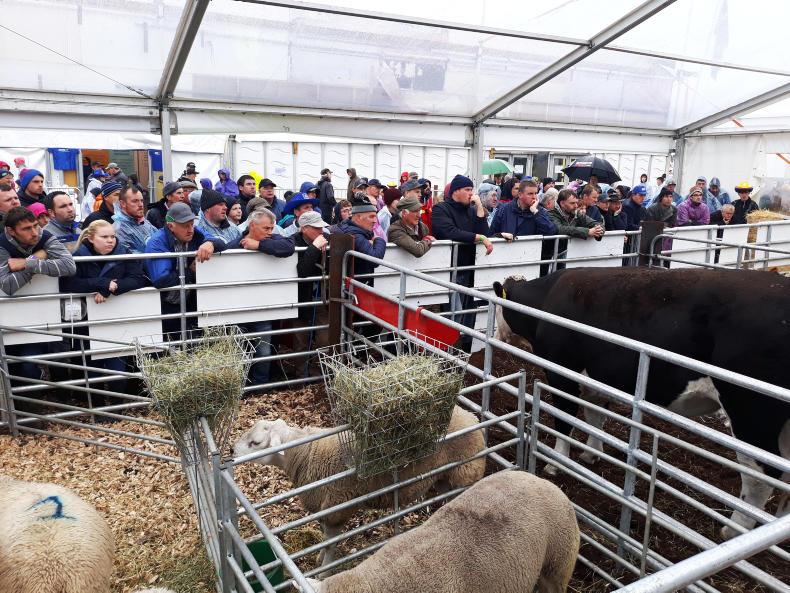
SHARING OPTIONS